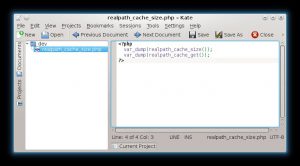Posted inWordPress
Optimize WordPress MySQL tables through Cron, behind the scenes
To regularly optimize my WordPress database tables, I created a small plugin that utilizes the WordPress Cron feature. This comes in handy to perform database optimization for WordPress on a regular basis, without forgetting about it. Just activate and enjoy. And here is the plugin code.



